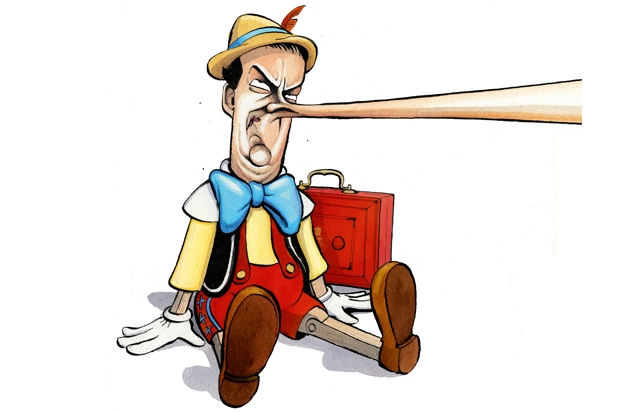It is almost always unwise to postpone the introduction of a big, scheduled tax change, but often tempting at the time. George Osborne, when Chancellor of the Exchequer in the coalition government, postponed the revaluation of business rates, when it was due two years ago, for obvious political reasons.
So now it is happening, and it hurts worse than it would have then. The current rates are based on the rental value of business properties in 2010. Since then, the scene is transformed. The internet has called the whole concept of the ordinary, physical shop into question. Values have vastly altered and the political problem – as with the poll tax in the 1980s – is that losers are more vocal than gainers.
The political assumption always was that you could get away with changes to these rates because businesses have, as such, no votes. But it turns out that the ‘just managing’ classes lauded by Mrs May are feeling aggrieved. After all, rates – unlike corporation tax – are payable whether or not you make a profit, and many small businesses aren’t doing so. The rates are also payable 100pc (again thanks to Mr Osborne) on empty properties, which is why you see so many charity shops, which get an 80 per cent discount, in run-down high streets.
The difficulty for the Government is that the business rate raises so much money – £28 billion a year, which is only slightly less than that raised by council tax. Philip Hammond will not want to imperil this revenue, let alone devote mental energy to business tax reform. But the fact is that, in the age without filing cabinets, the British economy needs ever fewer square feet of commercial property per pound of GDP. So he is seeking the same golden egg from a thinner goose.
This is an extract from Charles Moore’s notes, available in The Spectator on Thursday.







Comments